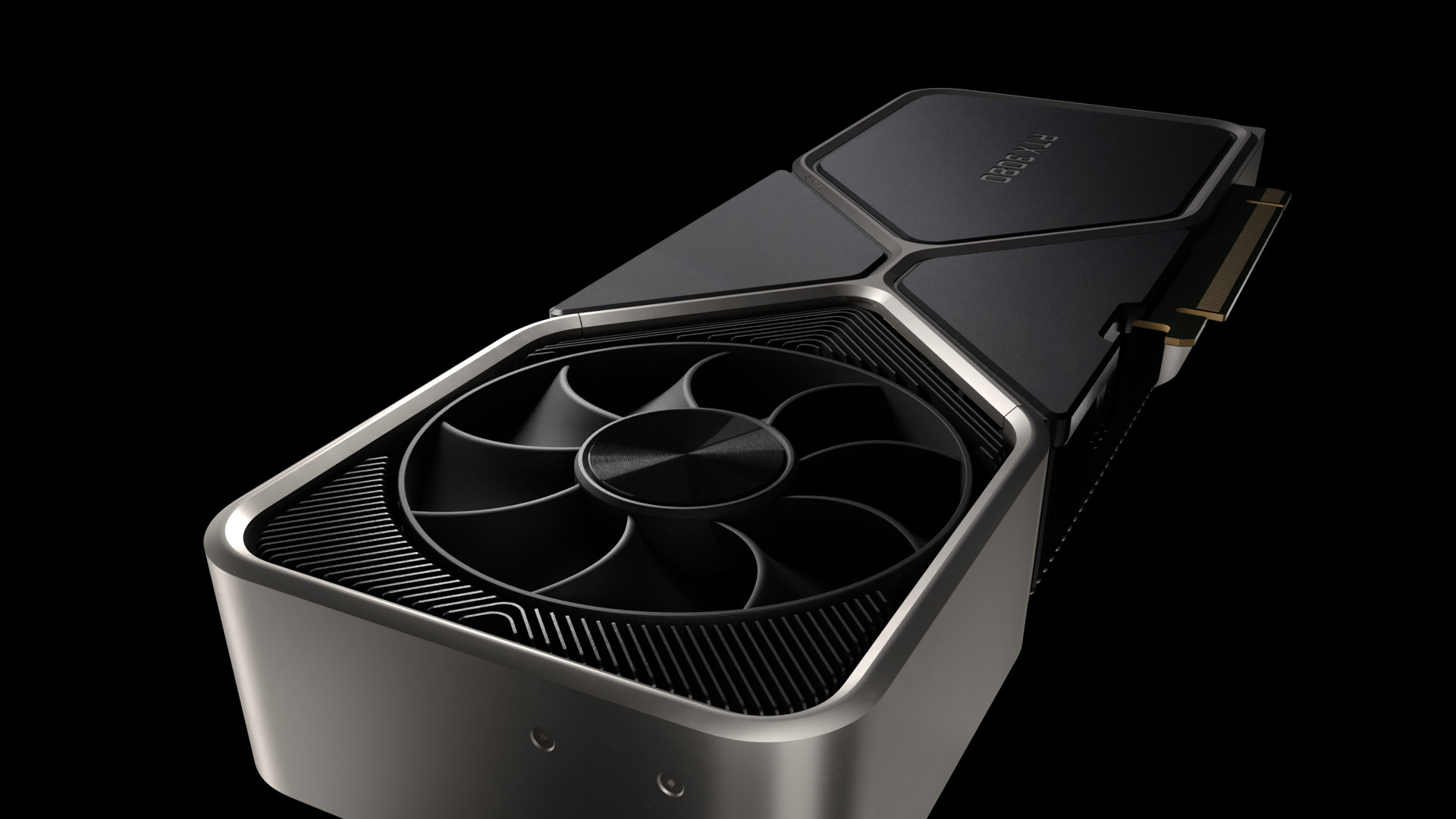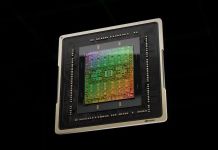Corsair and NVIDIA have together announced that they’ve launched a new kind of technology for improving the performance of memory modules in a smart and effective way. The technology, which is called Enhanced Performance Profiles (EPP), can simply be described as a further development of SPD. Serial Presence Detect is used with memory modules to store what memory settings and speeds the motherboard should use. The motherboard reads these parameters and automatically sets the right settings to make it as easy as possible to reach optimal performance. Now NVIDIA and Corsair has decided to take this one step further.
EPP is namely an extension of SPD which makes it possible for Corsair, and other memory manufacturers, to store further information about the memory modules settings. Far more than just the regular memory latencies that affects a memory module’s performance and those who have been browsing the BIOSes of the latest enthusiast motherboards knows there is a lot to play with.
Corsair and NVIDIA’s venture with EPP is suppose to make it possible to feed even more settings from the memory modules, this means that motherboards that sport EPP can read these settings and optimize the system instantly. A great tool for those who don’t feel all that secure working with the BIOS’ settings. At the same time the EPP information makes it possible for users to both read and alter more advanced settings directly from Windows with programs such as NVIDIA nTune and Lavalys Everest.
“A Closer Look at Corsair’s Enhanced Performance Profiles
– Two profile types: Full (two profiles per SPD) and Abbreviated (four profiles per SPD)
Abbreviated profile contains:
– Memory Voltage, Command Rate, Cycle Time, CAS Latency, tRCD, tRP, tRAS(i.e. 4-4-4-12-2T at 2.1V)
– Full profile contains all the above specs, plus:
– Drive Strength for Address, CS, Clock, Data, and DQS Signals
– Address/Command Fine Delay and Setup Time
– CS Delay and Setup Time
– Write Recovery (tWR) and Active/Active Refresh (tRC)
– Memory module can be programmed with two Full profiles orfour Abbreviated profiles”
Corsair will ship all of its new DDR2 memories with support for EPP right away and NVIDIA has in turn integrated support for EPP in its BIOS with among others its coming nForce 590 SLI motherboard.
“By working closely with Corsair on this new exciting technology initiative, we have exposed underlying performance settings that have up to this point only been used by the most ardent overclockers,” said Drew Henry, general manager of MCP business at NVIDIA. “NVIDIA and Corsair engineers are all PC enthusiasts at the core, and we look forward to having our combined customers—PC enthusiasts—take advantage of this new technology pairing.”

















